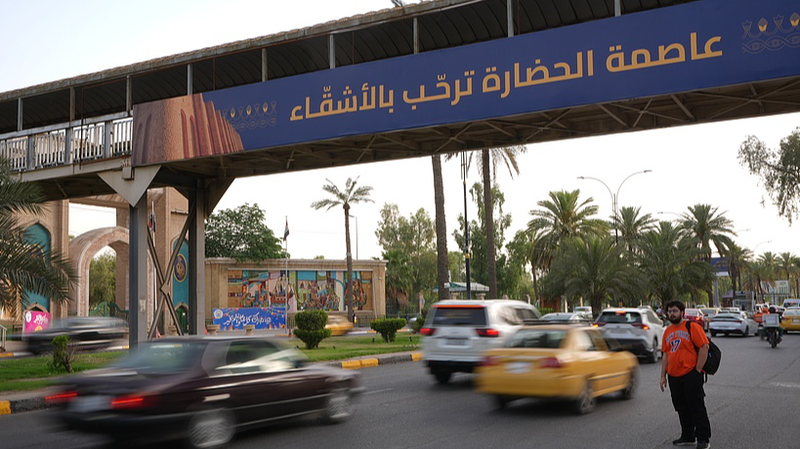Baghdad set the stage for a pivotal gathering as heads of Arab states convened on Saturday for the second Arab League summit hosted by Iraq since the 2003 U.S. invasion.
At the top of the agenda was the Gaza humanitarian crisis: millions of residents facing severe shortages of food, water and medical aid. Leaders debated practical steps to ease the suffering, from opening land corridors to scaling up international relief efforts.
Parallel discussions zeroed in on the long-standing goal of establishing an independent Palestine state. Delegates shared data-driven road maps, including phased security arrangements and confidence-building measures, to breathe new life into stalled peace talks.
Beyond Palestine, the summit tackled security and reconstruction challenges in Syria, Libya and Yemen—each marked by protracted conflict and fractured governance. Experts estimated that rebuilding key infrastructure in these countries could unlock over US$50 billion in economic value and restore stability for millions.
External pressures also dominated the debate. Delegates voiced concerns over global power competition and unilateral measures that threaten to pull Arab countries into geopolitical rifts. From reciprocal tariffs to military posturing, the consensus was clear: regional unity is essential to navigate external headwinds.
The Baghdad summit closed with a joint declaration emphasizing collective action on humanitarian relief, inclusive political solutions and economic cooperation. While the road ahead remains complex, young leaders and activists alike are watching closely, hoping this moment sparks lasting change in a region at a crossroads.
Reference(s):
cgtn.com




